


Learn about the Promise of Artificial Intelligence for Healthcare
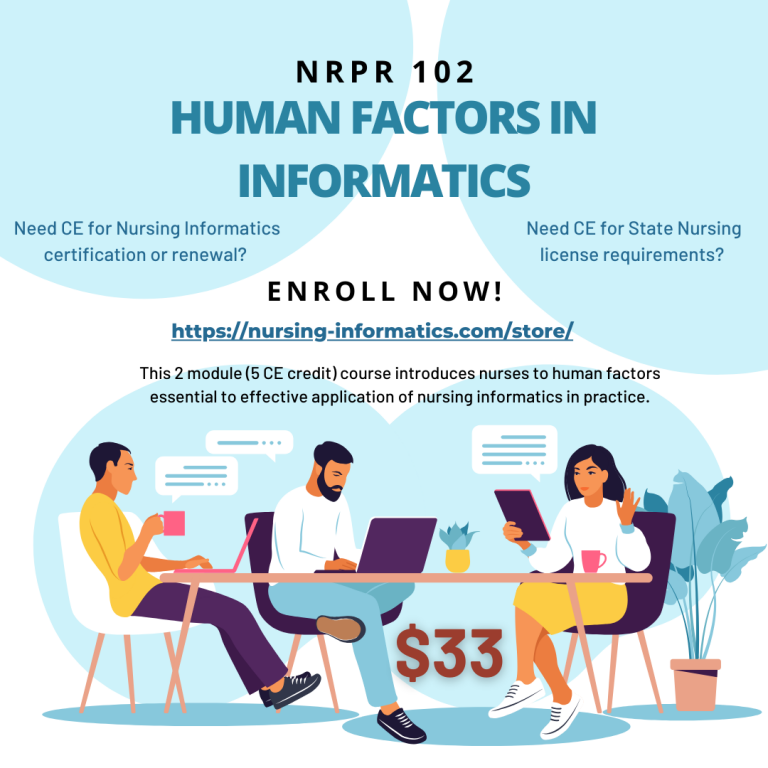
Want a quick course on the Human Factors in Informatics?
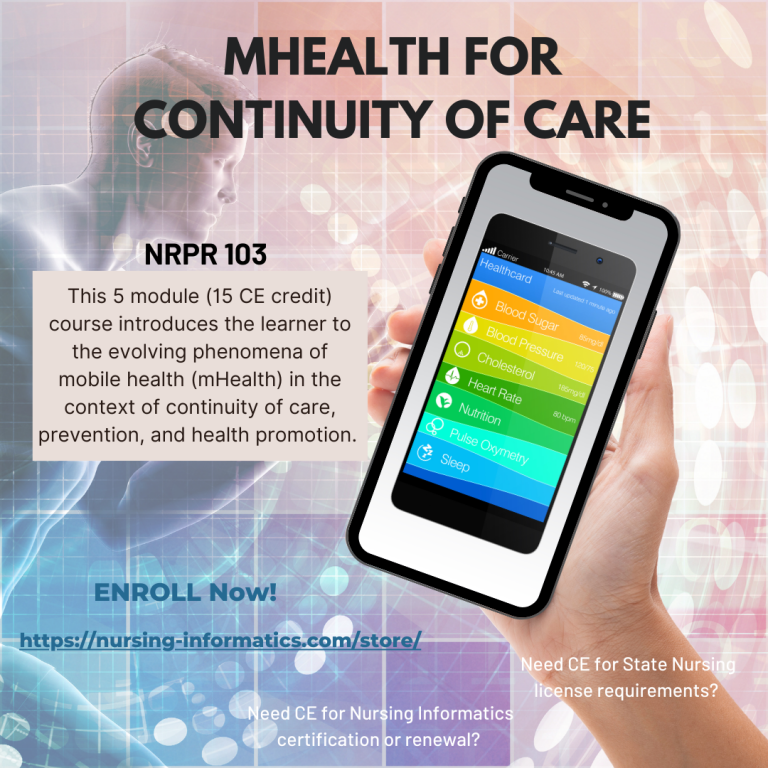
Learn about mHealth for Continuity of Care
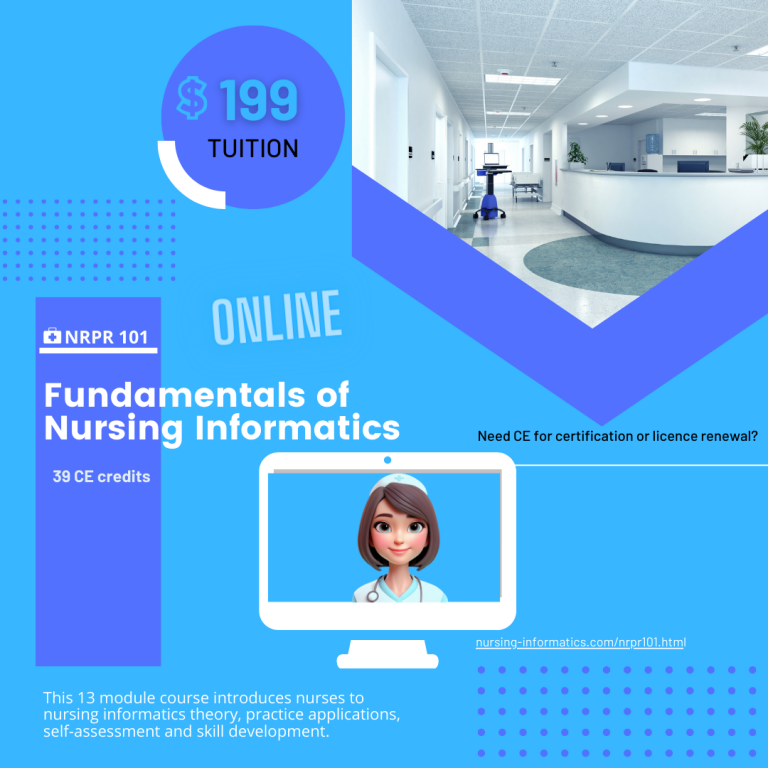
Learn about the Fundamentals of Nursing Informatics
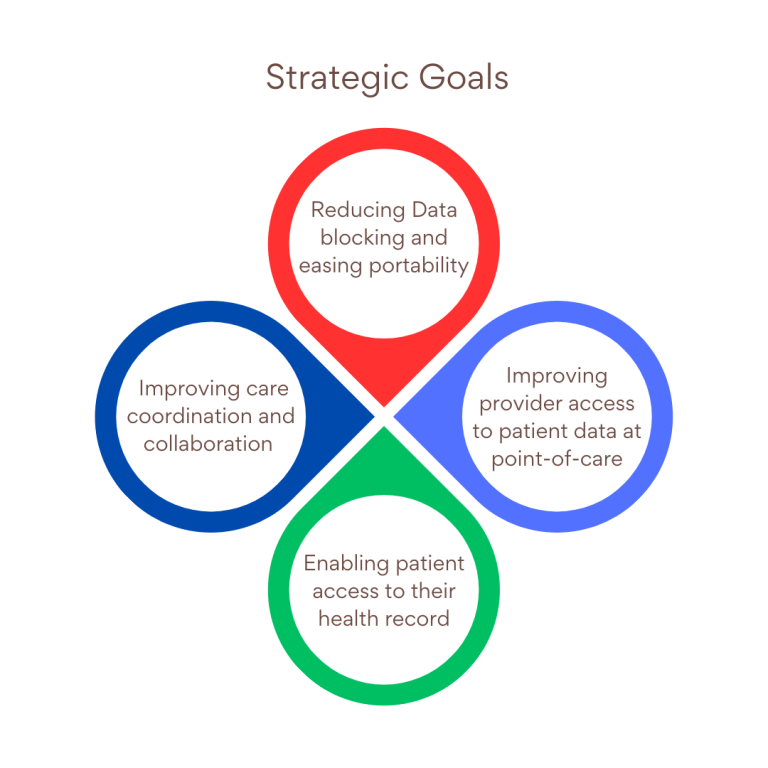
Highlights of the Shared Pan-Canadian Interoperability Roadmap

Our Summer Sale Begins!

Reducing the Environmental Impacts of using Technologies
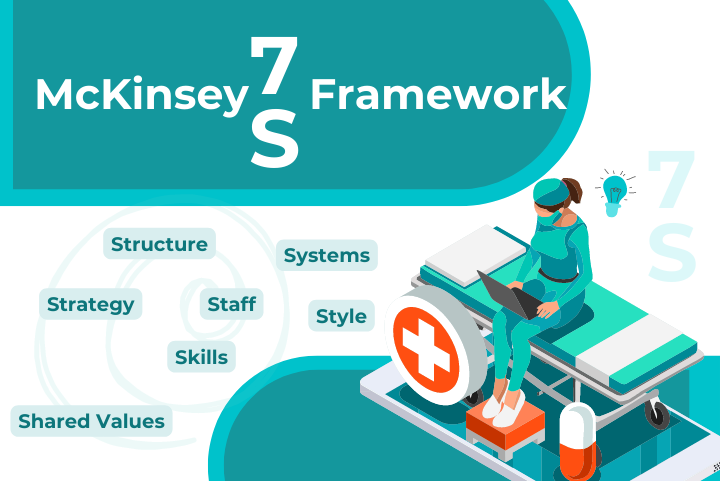
Theory applied to informatics: The McKinsey 7-S Framework

ReImagine Health: Creating space for Nursing Informatics in the Vision

Theory applied to informatics: DIKW Theory

Winter Nursing Informatics Courses Sale!

Using Virtual Resources to Predict Heat Wave Outcomes and Support Resilience

Shifting into Recovery – How Informatics can help

The Rise of Telehealth: COVID-19 and beyond

The Promise of PebblePad for Dynamic Learning

New Course! NRPR 104: The Rise of Telehealth

New course! NRBU 103: The Promise of Artificial Intelligence for Healthcare

Support for Nursing Education during COVID-19
